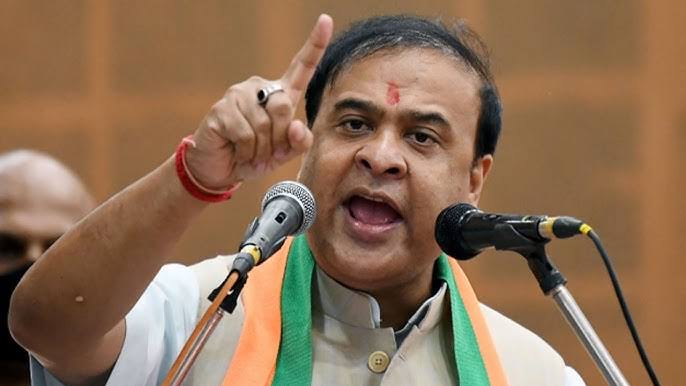Guwahati: Assam Chief Minister Himanta Biswa Sarma has alleged that opposition parties, civil society members, and rights activists are attempting to destabilise the state by opposing the ongoing eviction drives targeting alleged encroachments in forest and grazing reserves, reported the Times of India.
Addressing reporters on Sunday, Sarma claimed that the Congress, Jamaat-e-Islami Hind, senior activists such as Harsh Mander and Prashant Bhushan, and even “elements from Pakistan and Bangladesh” were collectively working to portray the state government’s actions as unjust.
“Some people are visiting Assam with the intention of creating unrest. Harsh Mander and Prashant Bhushan have been travelling across different areas. Another team, including Jawhar Sircar, Wajahat Habibullah and Fayaz Shaheen, is holding meetings with minority leaders and Jamaat-e-Islami members,” Sarma said.
He linked these visits directly to the ongoing eviction operations, where most of those displaced are Bengali-speaking Muslims, often referred to as Miya Muslims. “After JIH demanded my removal yesterday, a Delhi-based group — Harsh Mander, Wajahat Habibullah, Fayaz Shaheen, Prashant Bhushan and Jawhar Sircar — has now camped in Assam. Their only objective is to portray lawful evictions as a humanitarian crisis. This is a deliberate attempt to weaken our campaign against illegal encroachers,” he posted on X.
Recalling the opposition faced during the controversial National Register of Citizens (NRC) exercise, the chief minister said, “They managed to succeed during the NRC, but this time the government will not allow them to succeed.”
Sarma reiterated that the state government would not bow to external or internal pressure. “We are alert and determined. No propaganda or external pressure will stop us from protecting Assam’s land and culture,” he asserted.
The remarks come at a time when eviction drives have intensified in various parts of Assam, sparking criticism from human rights groups, minority organisations, and opposition parties who argue that the actions disproportionately target vulnerable communities.




